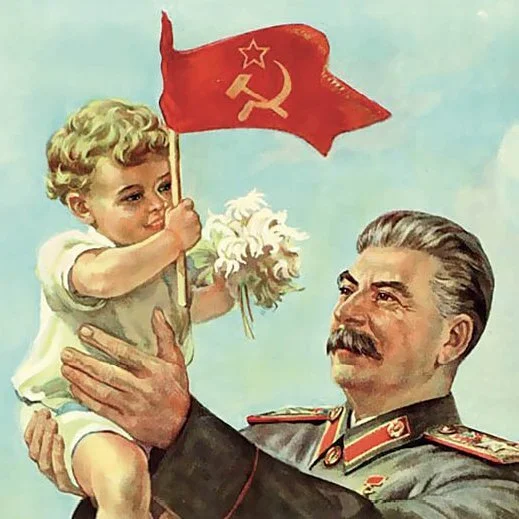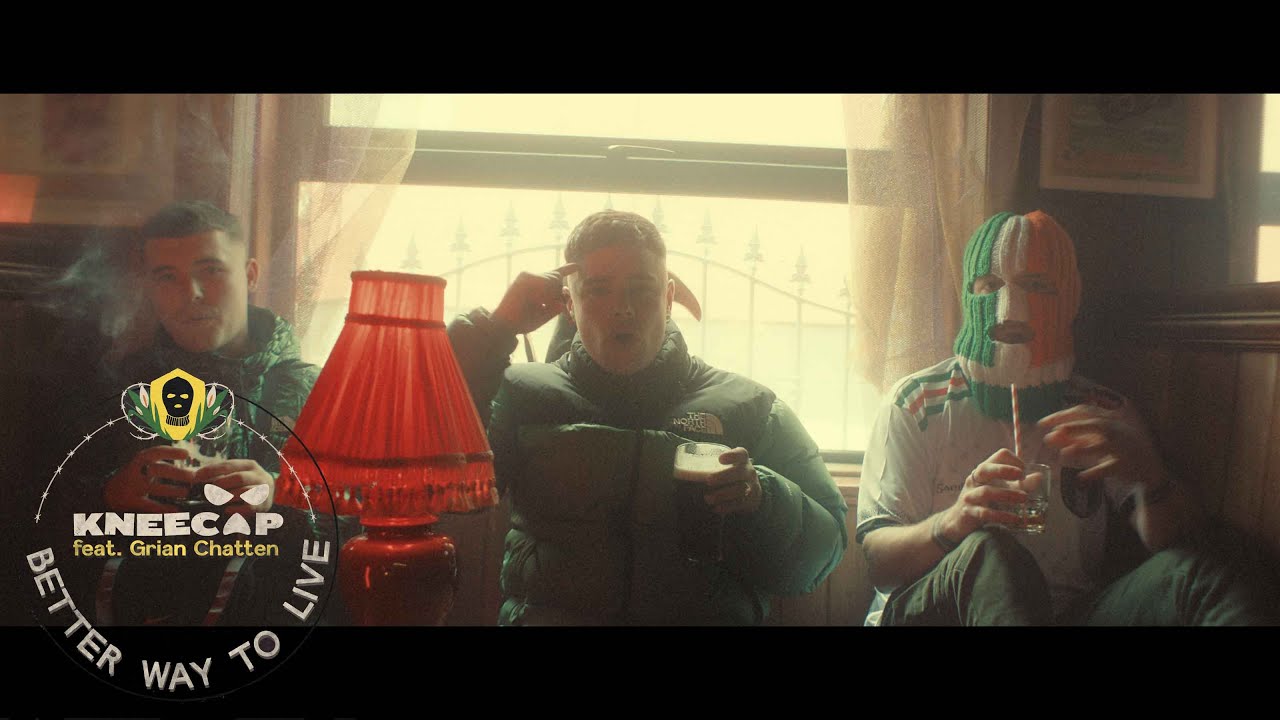

Aside from the fact that the overwhelming majority of sexual violence is committed against Muslim people in Europe (primarily by policing and border control agents) and that in general most sexual violence is a result of intimate partner violence regardless of a person’s cultural or religious background, there’s something so weirdly insidious about being angry about Muslim men “bringing sexual violence” to Europe when you look at the overwhelming centuries of European soldiers bringing sexual violence to the Muslim world.
Anyway, I have a lot of thoughts on this topic, but I think your request for Muslim feminist perspectives is absolutely the right move. So here’s some recommendations, and I’ve added a bit of a focus on Palestine since you mentioned they were sympathetic to Palestinian liberation (including queer perspectives, which is intrinsically tied to feminism):
Do Muslim Women Need Saving? - Lila Abu-Lughod (this one specifically addresses interventionist Western “feminism”)
Greater Than the Sum of Our Parts: Feminism, Inter/Nationalism, and Palestine - Nada Elia (look at feminist movements in Palestine, and the women’s intifada)
Palestinian Women’s Activism: Nationalism, Secularism, Islamism - Islah Jad
Strange Encounters: Embodied Others in Post-Coloniality - Sara Ahmed (this is about the way that culture creates the stranger, and touches on exactly the issue you’re dealing with: a repetition of myth-building about the dangers of a specific out-group. I also recommend a lot of Sara Ahmed’s other books, like Living a Feminist Life, Uprootings/Regroundings: Questions of Home and Migration, Differences That Matter: Feminist Theory and Post-modernism).
Queer Palestine and the Empire of Critique - Saed Atshan
Terrorist Assemblages: Homonationalism in Queer Times - Jasbir Puar (examination of the leveraging of “progressive” Western values in creating the terrorist body subject to Western violence and dehumanization, and how “feminism” was used as a primary tool in the wars on Iraq and Afghanistan)
Embodying Geopolitics: Generations of Women’s Activism in Egypt, Jordan, and Lebanon - Nicola Pratt
Gender and Sexuality in Muslim Cultures - Gul Ozyegin
Islamic Homosexualities: Culture, History, and Literature - Stephen O. Murray and Will Roscoe (kind of an old ethnography, but interesting nonetheless)
Gender and Colonialism: A Psychological Analysis of Oppression and Liberation - Geraldine Moane
Good Muslim, Bad Muslim: America, the Cold War, and the Roots of Terror - Mahmood Mamdani (this one isn’t about feminism, but rather about the way that Islamaphobia has been inserted throughout western society and the shaping of western discourse on Islam. Mamdani has a lot of great books)
Anti-Veiling Campaigns in the Muslim World: Gender, Modernism, and the Politics of Dress - Stephanie Cronin
Veiled Sentiments: Honor and Poetry in a Bedouin Society - Lila Abu-Lughod (this one is more about getting to know the cultural feelings of womanhood in bedouin society)
Writing Women’s Worlds: Bedouin Stories - Lila Abu-Lughod
Militarization and Violence Against Women in Conflict Zones in the Middle East: A Palestinian Case Study - Nadera Shalhoub-Kevorkian (This one is about the weaponization of sexual violence, which is an important piece of understanding how the West are the largest perpetrators of sexual violence against Muslim women, not Muslim men)
Israel/Palestine and the Queer International - Sarah Schulman
Even a Freak Like You Would Be Safe in Tel-Aviv: Transgender Subjects, Wounded Attachments, and the Zionist Economy of Gratitude - Saffo Papantonopoulou (quick essay on how Israeli “progressiveness” is leveraged to oppress queer Palestinians and pinkwash Israeli violence)
Border & Rule: Global Migration, Capitalism, and the Rise of Racist Nationalism - Harsha Walia (not specifically what you were asking for, but has a lot of great information about how militarized borders are one of the largest vectors for sexual violence against women; anyone arguing about keeping certain people from immigrating is, de facto, arguing for supporting the funding of militarized borders to keep those people out, and thus adding to the amount of sexual violence)







Thank you so much for uploading this, I am incredibly appreciative <3